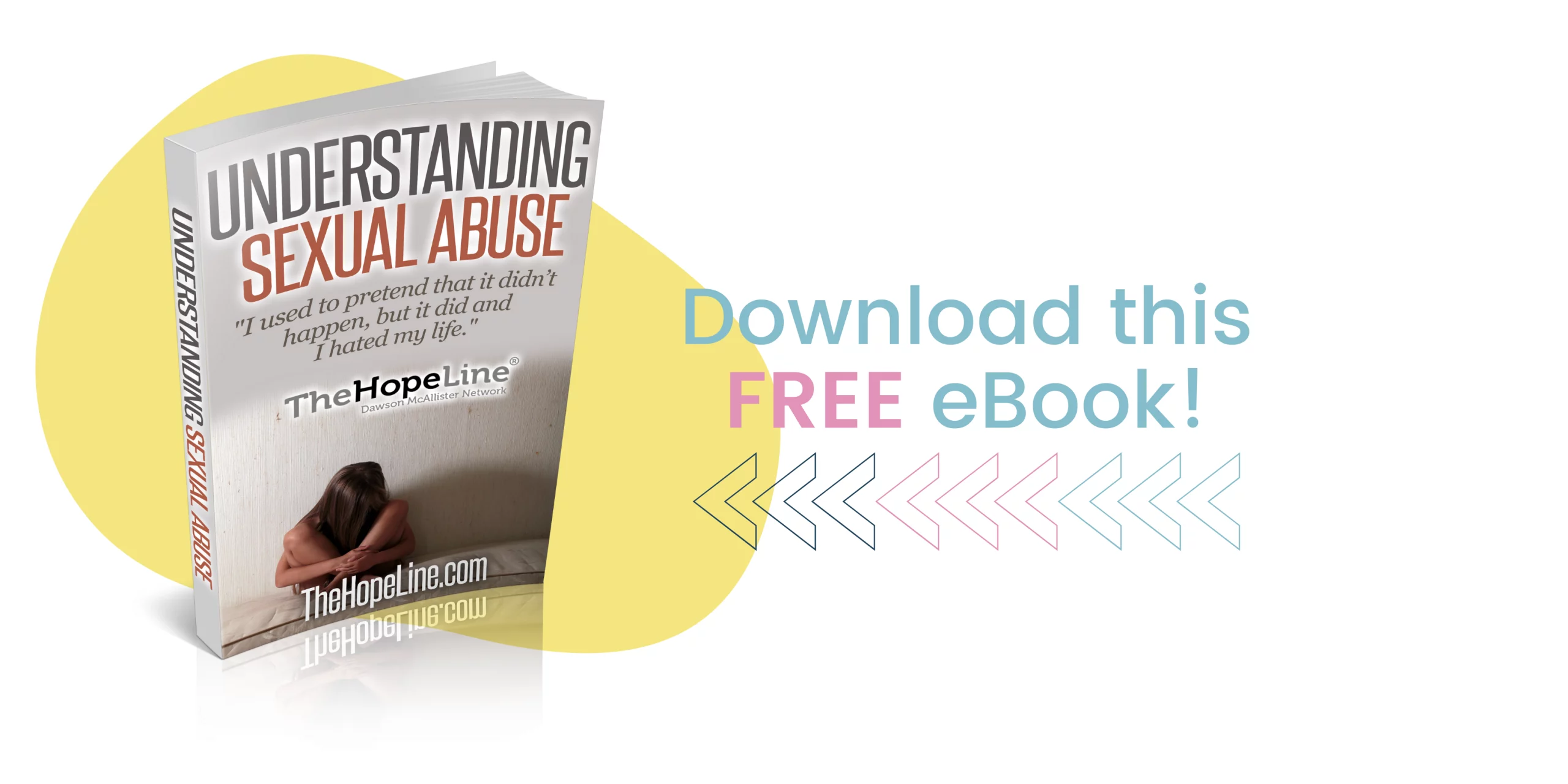Get Help Right Away: If you need immediate help after assault, call 911. If you or someone you know is being abused or neglected, you can call the Childhelp National Child Abuse Hotline at (800) 422-4453. Push 1 to speak to a counselor.
Assault is one of the most painful and scary things you can go through. It’s so overwhelming that knowing what to do if you’ve been assaulted can be difficult in the midst of the devastation and confusion you may feel.
Facing the Truth: What is Assault?
If you’re in a relationship with someone who is hurting you, they may try to make you feel like what’s happened is no big deal or that it’s all in your head. Being honest with yourself about what’s happened starts with having a clear understanding of what assault is:
Assault is deliberate. The person who assaulted you hurt you on purpose, with the intent of making you feel fear or pain. Assault is a type of physical abuse and is often a pattern in toxic relationships.
- Assault is unwanted. If someone touched you in a way that you did not want or consent to, it is considered assault.
- Assault is used to control you. If you feel like someone is forcing you to do anything through physical intimidation, or that they are forcing you to have sex or perform sexual acts, you are experiencing assault.
It is a sign of great courage that you are looking to take action after assault. Here are some steps you should take right away for greater safety.
Reporting Assault
Reporting assault can help protect you from future assault. You should file reports with:
- Law Enforcement: Calling the police or visiting your local police station to speak with an officer in person can alert them to the fact that the person who assaulted you is a threat to your safety.
- Doctors/Hospitals: Receiving medical attention after assault is important because it documents your assault and ensures your physical needs are taken care of.
- Leadership or Supervisors: If your assault took place at work, school or church, let the leadership of that organization know what is going on as soon as possible so they can help you feel safer in that environment and put as much distance as possible between you and your abuser.
Finding Support After Assault
The right support makes all the difference when reporting assault and recovering after assault.
Assault causes a great deal of pain, and there are many healthy ways to ease that pain and work toward healing. You can reach out to:
- Therapists/Counselors: Counselors and therapists are specially trained in techniques that can help you heal from trauma and manage the difficult emotions that come with abuse. If you are still in an abusive relationship, they can help you make a plan to leave that prioritizes your safety and well-being.
- Support Groups for Assault Victims: You are not the only one dealing with this pain and you are not alone. There are support groups for victims of assault where you can find a sense of community with others who are in your corner.
- Faith Community Leaders or Prayer Groups: Often a pastor or spiritual leader can be a great comfort if you’ve been in an abusive relationship. They can remind you of God’s unconditional love and pray for you when you are struggling to heal from the pain of an assault.
- Mentors and Coaches: Mentors and coaches can be a great resource during the day-to-day struggles that come with recovering after an assault. They can make sure you have the help you need and can offer encouragement on the tougher days.
TheHopeLine is here to help if you’re not sure what steps to take first. Talk to a HopeCoach now to get help and find healing after assault. We are here for you, and we will get through this together.
If you've been sexually assaulted contact our partners at RAINN (Rape, Abuse & Incest National Network) for help.



